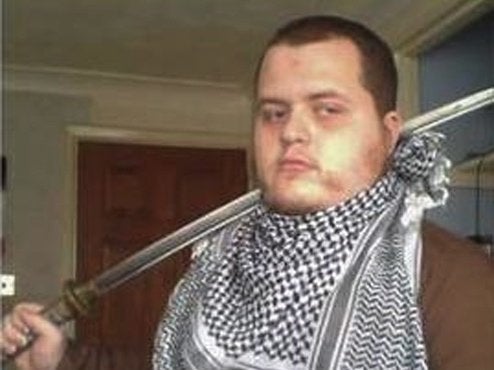Terror cases show necessity of mental health guidance for judges
Analysis: Even if courts follow new guidance, the options available to judges will vary across the country

The question of how much mental illness affects a person’s responsibility for their actions is wrought with difficulty in any arena.
But in the courts, it can be the difference between freedom and imprisonment, a life sentence or a community order.
For the most serious offences, a jury must first decide whether the accused is guilty, frequently having to listen to opposing evidence called by the prosecution and defence over their mental capacity.
Subscribe to Independent Premium to bookmark this article
Want to bookmark your favourite articles and stories to read or reference later? Start your Independent Premium subscription today.